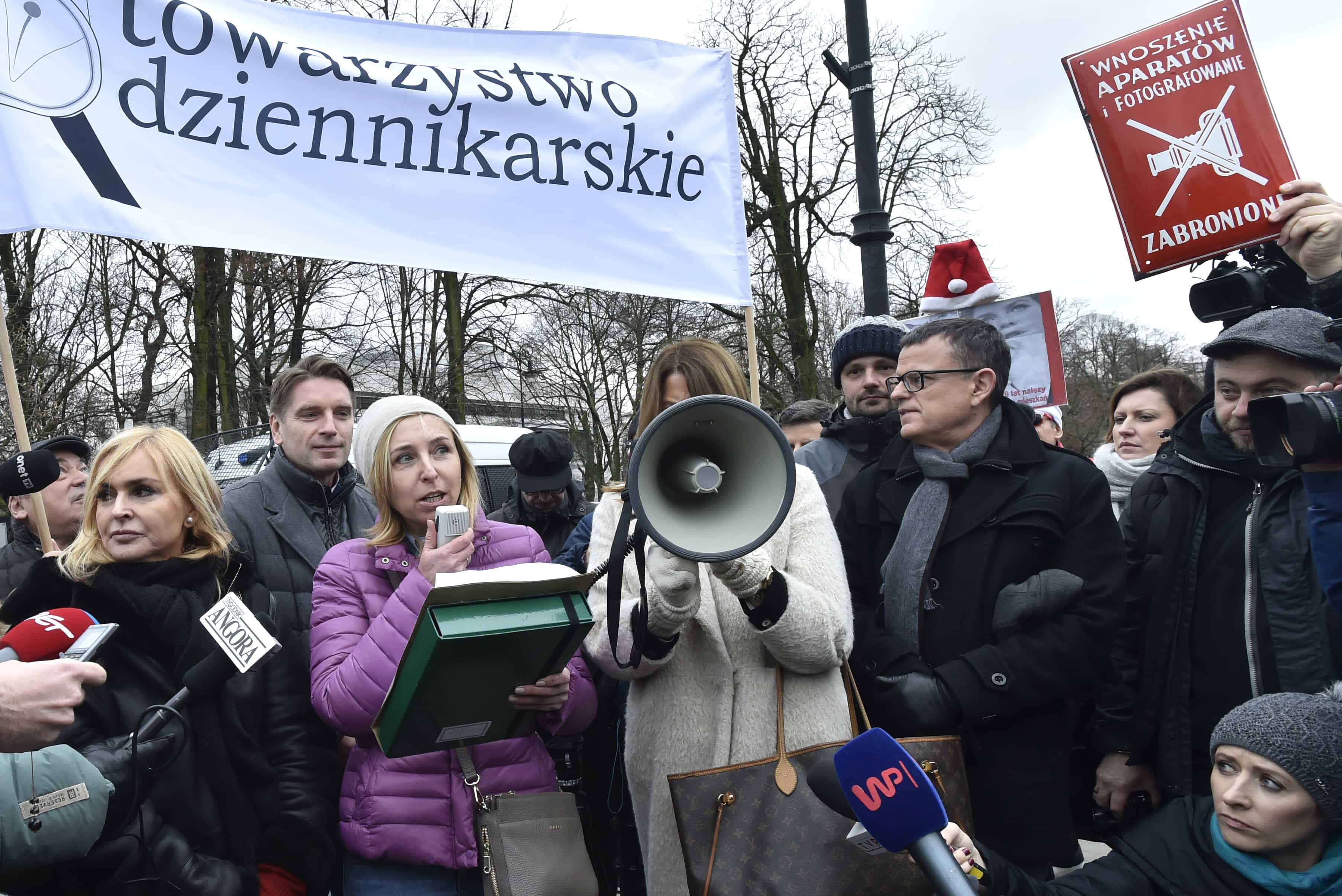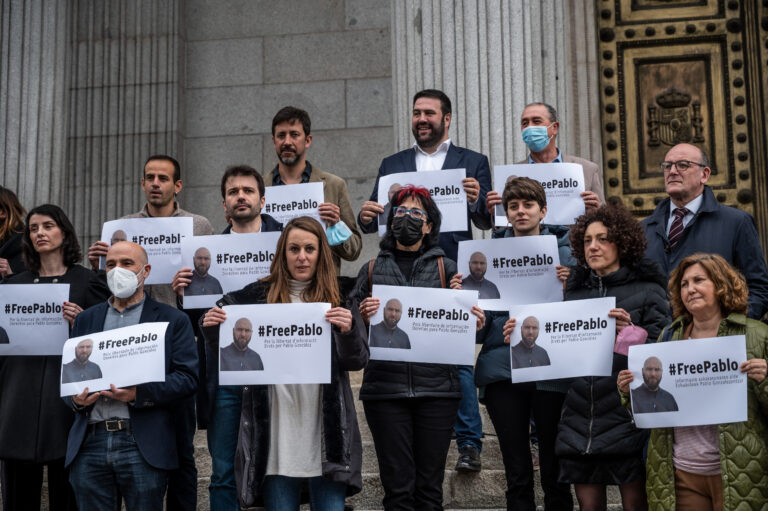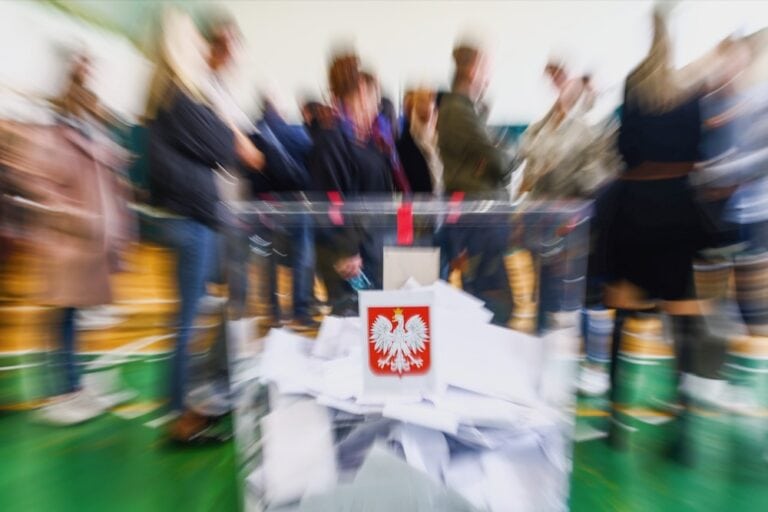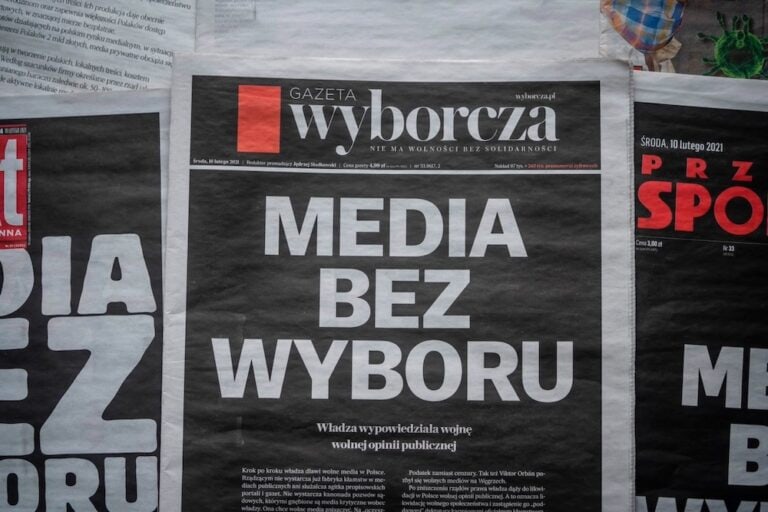Poland's government is using legislative, political, and economic means to stifle the media and limit dissent and debate within the country, according to Pluralism under Attack: The Assault on Press Freedom in Poland, a special report from Freedom House.
This statement was originally published on freedomhouse.org on 28 June 2017.
Poland’s government is using legislative, political, and economic means to stifle the media and limit dissent and debate within the country, according to Pluralism under Attack: The Assault on Press Freedom in Poland, a special report from Freedom House.
The report describes how the Law and Justice (PiS) government has sought to tame the media as part of a broader push to weaken checks and balances and silence independent voices. As it does with other independent institutions such as the judiciary, the government treats news organizations’ critical reporting as solely driven by partisan interests. By rejecting the media’s independence, the government is deepening polarization within Poland.
“The pressure on Poland’s media matters because of Poland’s important role in revitalizing liberal democracy in Eastern Europe,” said Michael J. Abramowitz, president of Freedom House. “Events in Poland will show whether populist authoritarianism can take hold in the European Union. The Polish government’s attacks on the media are attacks on liberal democracy.”
The report delves into the politics and ideology behind the PiS government’s moves to control the media since October 2015. It documents the limits to the government’s success thus far in changing media laws and controlling private media outlets, but also explores potential dangers ahead for independent outlets.
While civil society activism and political opposition have stalled the government’s most radical legislative changes, the country’s public broadcaster has become an ideological mouthpiece. The government continues to threaten “repolonization” of the media through restrictions on foreign ownership and a broader push to marginalize supposedly unpatriotic views.
“‘Repolonization’ is another word for censorship,” said Nate Schenkkan, director of Freedom House’s Nations in Transit project. “Poland’s private media remains diverse and pluralistic but outlets are vulnerable due to structural factors affecting the media worldwide, including declining ad revenue. Authoritarian governments in other countries like Hungary and Turkey have been able to shape the advertising market in order to put pressure on owners and journalists.”
“A free press can only fulfill its role of holding power accountable if the daily work of journalists is not impeded by ownership concerns, political interference, or a worry about saying ‘the right thing.'”
Press freedom in Poland is also threatened by a growing atmosphere of polarization and hostility towards the media. Even without further legislative changes, an environment in which media are used as a tool to define who is and isn’t a “real” Polish citizen could drive away investors and journalists, reducing the sector’s vibrancy and diversity.
“The pressure on the media is a challenge to the EU and to Poland’s allies like the United States,” said Schenkkan, “Poland’s allies should make clear that Poland’s best interests lie in respecting the media’s independence and allowing a diversity of views to flourish.”
“The fate of media freedom in the country will send a powerful message throughout Europe,” Schenkkan said. “It will herald either growing reach of populist authoritarianism around the world or a turning of the tide and a new period of democratic resilience.”
Poland is rated Free in Freedom in the World 2017, Partly Free in Freedom of the Press 2017, and receives a democracy score of 2.57, on a scale of 1 to 7, with 7 as the worst possible score, in Nations in Transit 2017.



